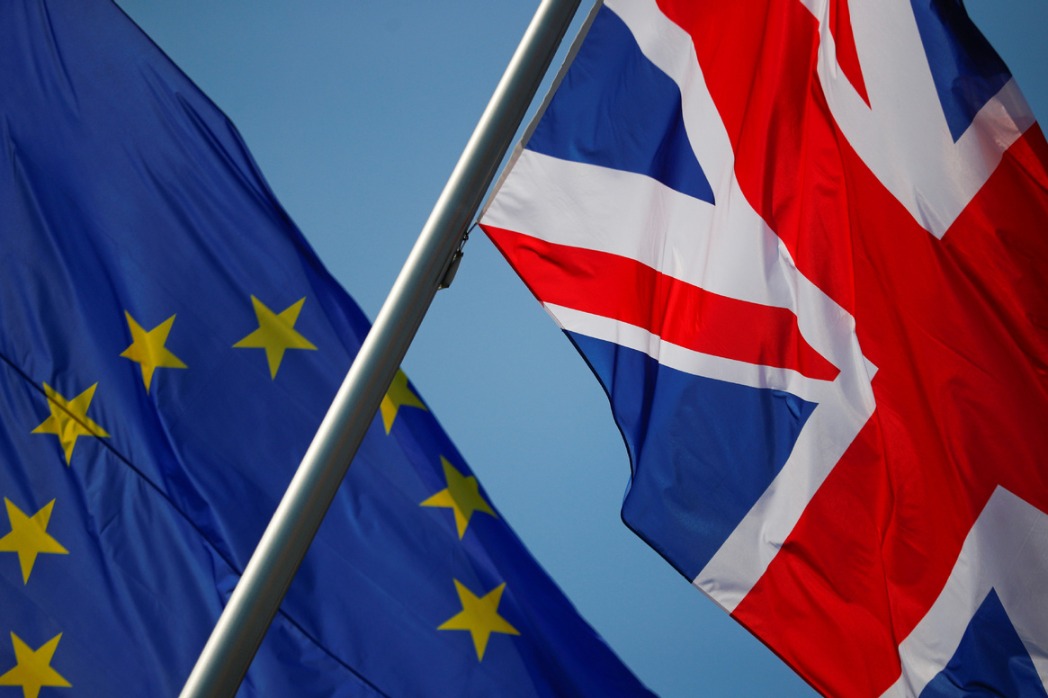







The Westminster panto is in full swing, but there are real dangers waiting in the wings. The breakdown of a 30-year geopolitical order, the end of the free-money era, the climate crisis, and Russia's threat to peace in Europe are the major threats facing Westminster [6ac5b9b6] [954aa582].
Firstly, the end of the cold war marks the end of America's sole superpower status, leading to a shift in geopolitical power. Westminster has long relied on Washington for foreign policy decisions, but Brexit Britain needs to maintain relationships with other countries for trade deals [6ac5b9b6].
The second threat is the end of the free-money era, where central banks would lower interest rates during economic crises. However, interest rates are now rising and will likely stay high, causing economic pain for those with large mortgages. The UK's economy heavily relies on consumption and debt, making it vulnerable to this change [6ac5b9b6].
The climate crisis is no longer a foreign issue but a domestic one. The UK will face food shortages, water scarcity, and higher prices due to climate-related disruptions. British politicians have been complacent about the climate crisis, assuming it would only affect poor countries. However, recent events like water levels dropping in the Panama Canal highlight the global impact [6ac5b9b6].
In addition to these challenges, there is growing concern about Russia's threat to peace in Europe. A collection of letters to the editor in The Telegraph emphasizes the need for the British government to inform the nation about the potential risks posed by Russia, particularly in light of the war in Ukraine. The letters argue that the government's defense budget is insufficient to address the pressing need to expand and update the UK's Armed Forces [954aa582].
Former foreign secretary David Miliband stated that Brexit has relegated the UK to being just one of many 'middle powers' in the world. Miliband emphasized the need for the UK to rebuild ties with the European Union (EU) and enter new 'structures and commitments' with the EU on foreign policy. He highlighted that the UK's reputation, wealth, and military assets have all declined in the past decade. Miliband warned that the UK's global standing could deteriorate further if Donald Trump were to secure a second term in the United States. He also noted the disparity in relations between NATO and the EU, and urged for a change in mindset considering the EU's significant role in various areas. Miliband called for the UK to understand the realities of its power today and not rely on past power and position [46d5efb3].
A pamphlet titled 'The World in 2040: Renewing The UK's Approach To International Affairs' has sparked a debate about the UK's role in the world. The pamphlet suggests that the Foreign Office should change its name and tone down its grand headquarters, arguing that the UK's future is more aligned with medium-sized 'off shore' powers like Japan, Norway, and Switzerland. Foreign Secretary David Cameron disagrees with this proposal and believes that the UK should maintain its 'Great' image. The report also highlights the UK's economic strength, soft power, and global influence despite no longer being a dominant world power. The authors of the report include Mark Sedwill, a former Cabinet Secretary and National Security Adviser, and Thomas Fletcher, a former ambassador and Number Ten foreign policy advisor [bb520464].
The article 'We’re all living in America' from The Critic discusses the obsession of Britain's elite with American politics and argues that it is time to focus more on domestic issues. The author emphasizes that the UK is not the US and that British policymakers should prioritize British policy and prepare for the contingency of Trump's reelection. The article also highlights the ongoing crisis in the US and the need for NATO Europe to take the lead in its own neighborhood. The author suggests that the UK should resist the distraction of American politics and focus on important domestic issues and tradeoffs. The article concludes by criticizing the lack of preparedness and the hope that the current instability will go away [52d3c423].
The article 'Blighted Britain' from DAWN.com discusses the political and economic challenges faced by Britain. It highlights the inefficiency of British governance and the impact of neoliberalism on the Labour party. The article also criticizes the smear campaign against Jeremy Corbyn and the influence of the Israeli embassy. It argues that a change of government will not solve the growing poverty, hunger, and homelessness in the country. The article concludes by suggesting that Britain may need to abolish the monarchy and House of Lords to achieve meaningful democracy [30edb8ed].
In the midst of these challenges, The London Economic presents a political pub quiz to provide a distraction from the chaos in Westminster. The quiz features 25 questions that test one's knowledge of political scandals, indecent behavior in Westminster, the failed Rwanda asylum plan, and a dispute over The Elgin Marbles [948964dc].
In a recent article in The Guardian, Will Hutton argues that Britain's historical relationship with Europe is significant in understanding its current challenges. Hutton points out that in the autumn of 1931, Britain made choices rooted in beliefs of exceptionalism and laissez-faire economics, which still impact the country today. While pursuing a return to 19th-century capitalism and looking to the empire for protection, Britain adopted Keynesian economics and an imperial preference system, leading to prosperity but also problems such as price-fixing agreements and low productivity. With the decline of the empire, leaders like Harold Macmillan and Harold Wilson recognized the need to engage with Europe. However, Brexit aimed to return to a free-market Britain, but has failed to deliver the trade and investment advantages of EU membership, causing the economy to stall. Hutton argues that Britain's only destiny is to make common cause with the EU once again [c8496465].
The article 'July 4 for Britain Contrasts with America' discusses the contrasting historical and political developments of July 4th in Britain and America. It highlights the United States' liberation from England and its monarchy, while England has settled back into the pack of world standing. The article explores the founding principles of the United States, including the inclusion of the mob in the decision-making process and the belief in equality for all. It also mentions the British Crown's view of the colonies as a source of economic benefit and the subsequent rebellion. The article further discusses the dominance of England in the world order, the decline of its empire, and the rise of America and the Soviet Union. It mentions the British Invasion of the 1960s as a quest for English dominance. The article also draws parallels between the concentration of wealth in the early 20th century and the present, and the efforts of dissatisfied billionaires to create an oligarchy. It discusses the impact of the labor movement and the Great Depression on the redistribution of wealth and the establishment of a thriving middle class. The article highlights the plan developed by dissatisfied billionaires and economist James Buchanan to create an oligarchy by having Republicans take over state governments and gerrymandering Congressional districts. It mentions the success of this plan and the attempts to dismantle social security and the safety net. The article also discusses the influence of the Heritage Foundation and the Supreme Court's Citizens United decision in advancing the agenda of the right/libertarians. It contrasts the political situation in America with the recent election in Britain, where the Labour Party won in a landslide. The new British prime minister, Keir Starmer, aims to reset the country and return politics to public service. The article concludes by questioning the beneficiaries of the so-called second American Revolution and highlighting the potential impact on the average American's quality of life. [1edebd8a]